· In the weakness of temptation, we must avoid entering into dialogue with the devil, and instead have the courage to pray and to ask forgiveness in order to pick ourselves up and go forward, not to hide from the Lord, but to seek his grace. ·
During Mass at Santa Marta on Friday, 10 February, Pope Francis provided these essential instructions to confront temptations.
“Both at the beginning of creation, and at the beginning of the re-creation,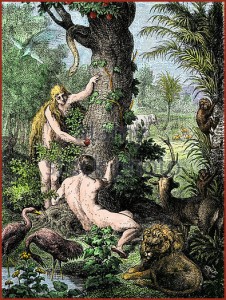
“We have heard”, he continued, “this passage from the Book of Genesis, the first temptation, that of Adam and Eve”. The Biblical text tells us that “the serpent was the most subtle” of creatures: the devil shows himself in the form of a seductive serpent and shrewdly seeks to deceive: he is an expert at this; he is the ‘father of lies’; as Jesus calls him”. The devil, explained the Pope, “is a liar; he knows how to deceive; he knows how to cheat people”. And thus “the serpent fools Eve with his shrewdness: he makes her listen closely, he makes her — so to speak — drink a little syrupy water”. Thus Eve “feels good, she trusts, a dialogue begins and, step after step, he leads her where he wants”.
The devil, the Pontiff continued, tries to do “the same with Jesus in the desert. He makes him three offers, but this dialogue with Jesus ends badly for the devil. ‘Begone, Satan!’”. However, “the dialogue with Eve does not end well for Eve: Satan wins”.
“When the devil fools a person”, the Pope stated, “he does so with dialogue, he seeks to dialogue”. That is precisely what he also tries to do “with Jesus:
But “Jesus does not do it”. Thus, in the end, the devil “shows his true face: Come, come!’”. And “he shows Him the whole world and proposes idolatry: ‘Worship me, and I will give you all this!’”.
Francis focused on Jesus’ attitude in the face of temptation: he does not dialogue with the devil, but rather “hears the devil and gives a response, which is not his: he takes the response from the Word of God”. Indeed, “Jesus’ three responses to the devil are taken from the Bible, from the Old Testament, from the Word of God, because one cannot dialogue with the devil”.
With Eve, however, the temptation of the devil went another way. She was “naïve”, the Pope explained, and at the beginning the situation “seemed good” to her. She thought “that she would be transformed into a god”, which “is the sin of idolatry”. This is why “she went ahead” with the dialogue. But it ended badly for her, Genesis tells us: “She and her husband naked, with nothing”. The issue, Francis said, is that “the devil is a bad payer; he does not pay well: he is a crook; he promises you everything and leaves you naked”. Of course, even “Jesus ends up naked, but on the Cross, out of obedience to the Father: another path”.
Thus, the Pontiff reaffirmed, “the serpent, the devil is shrewd: one cannot dialogue with the devil”. Besides, he added, “we all know what temptations are; we all know because we all have them: many temptations of vanity, of arrogance, of greed, of avarice, so many!”. But they all begin when we say “you can, you can…”.
“Today we speak a lot about corruption”, Francis recalled. “There are so many corrupt people, so many big corrupt fish in the world, whose lives we learn about in the newspapers; perhaps they started with a small thing, I don’t know, to not sort out the balance sheet well: what was a kilo, no, let’s put 900 grams but make it seem like a kilo”. Because “corruption starts out small, with dialogue”, just as it happened for Eve, who felt reassured by the serpent: “No, it isn’t true that this fruit will harm you; eat it, it’s good; it’s a little thing, no one will notice, do it, do it!”. And thus, “little by little, one falls into sin, one falls into corruption”.
“Today the Church, with this liturgy of the word, teaches us”, the Pope explained, “not to be naïve, not to be foolish, to have our eyes open and to ask the Lord for help because alone we cannot” manage. Then, in the passage from Genesis, “there is also a word that is sad: Adam and Eve ‘hide’ themselves from the Lord”. Because “temptations lead you to hide from the Lord and you go off with your fault, with your sin, with your corruption, far from the Lord”. At this point, “it takes the grace of Jesus to turn and ask forgiveness, as the prodigal son did”. This is because “in temptation you do not dialogue, you pray: ‘Help, Lord, I am weak; I do not want to hide from you’”.
“This is courage, this is overcoming”, Francis concluded. Because “when you begin to dialogue you will end up beaten, defeated”. Thus, we must hope “that the Lord give us grace and accompany us with this courage and, if we are deceived through our weakness, that in temptation he give us the courage to get up and go forward: this is why Jesus came, for this!”.

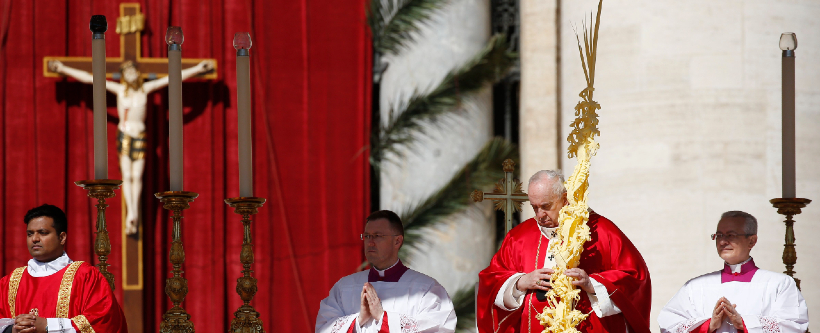
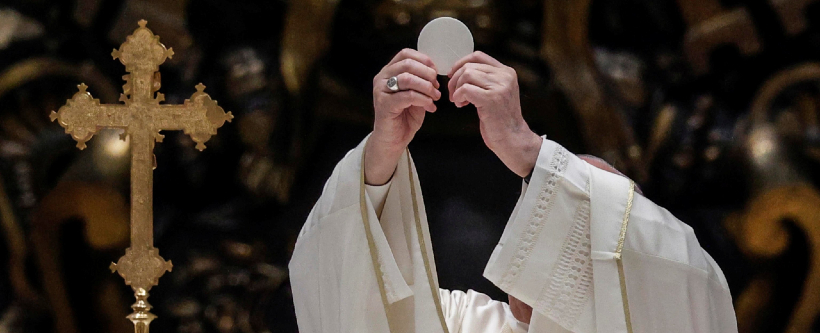
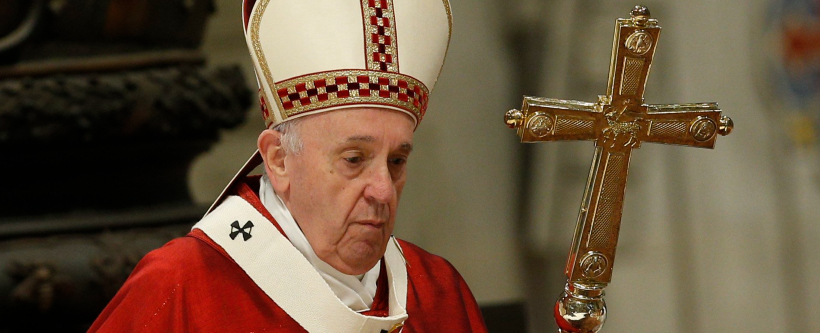
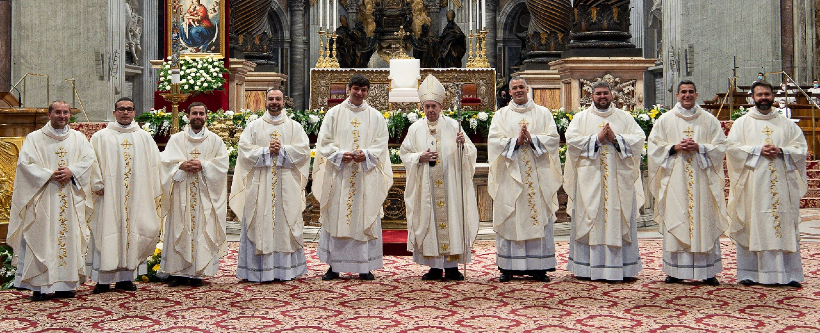
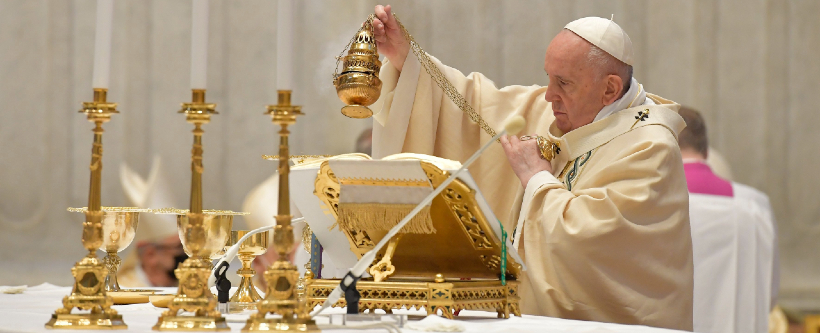
Facebook Comments